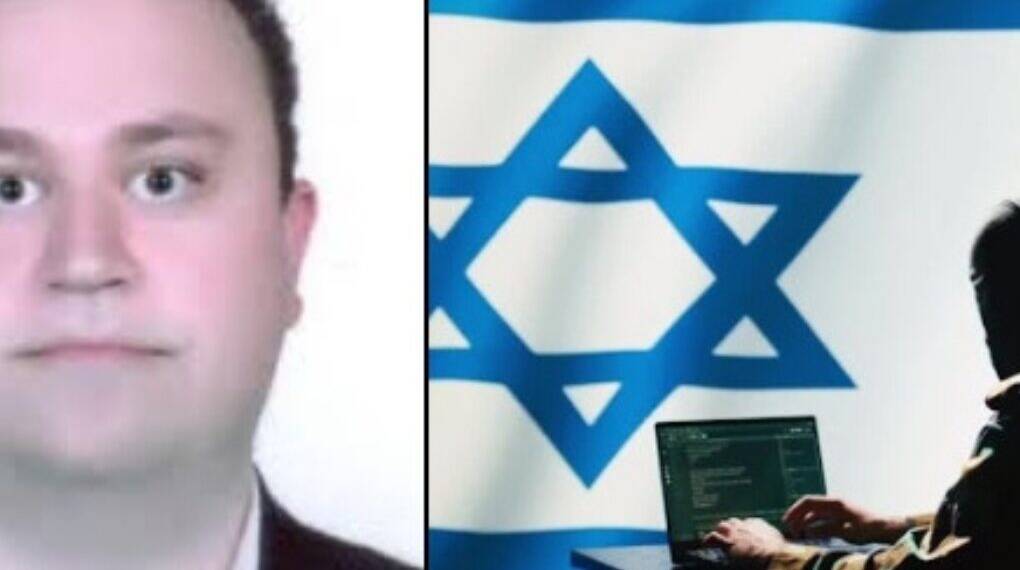In a striking development amid deepening tensions between Iran and Israel, Iran has executed Roozbeh Vadi, a prominent nuclear scientist, on charges of espionage for Israel’s Mossad. Vadi, who held a doctorate in nuclear engineering, was reportedly hanged after confessing to leaking sensitive intelligence that allegedly contributed to the assassinations of Iranian nuclear experts.
His execution, paired with the state release of a video confession, marks a significant escalation in the ongoing covert conflict between the two nations.
Confession and Execution
Iran’s state broadcaster, Islamic Republic of Iran Broadcasting (IRIB), released a video in which Vadi details his involvement with Mossad. The New York Times characterized the release as a rare and deliberate move by the Iranian government. In the video, Vadi calmly outlines how he was recruited, revealing that he met Israeli operatives five times in Vienna and was promised foreign citizenship in return for his cooperation.
According to his confession, Vadi provided intelligence on Iran’s most critical nuclear facilities, including Fordo and Natanz—both central to the country’s nuclear operations. Iranian officials believe this information was key in enabling targeted assassinations of several nuclear scientists. His calm demeanor in the video has raised questions about whether he had accepted his fate or harbored hopes of leniency.
Use of Cryptocurrency
Vadi also disclosed that he was paid in cryptocurrency for the classified information he shared. This detail sheds light on how modern espionage is evolving, with digital currencies offering a discreet means of compensation that bypasses traditional financial tracking systems. It also underscores the increasing sophistication of intelligence operations and the growing challenge for states trying to trace and stop them.
International Attention
The global response has been marked by concern and intrigue. The New York Times emphasized the gravity of Vadi’s position as a nuclear insider, which makes this case particularly significant. Iran’s decision to publicize the confession is widely seen as a calculated attempt to deter would-be spies and to send a message of strength to adversaries. While some observers consider the move a necessary show of state security, others have criticized it as a breach of due process and human rights norms.
Tensions and Context
Vadi’s execution comes during a period of elevated hostilities between Iran and Israel, both of which routinely accuse one another of clandestine acts aimed at undermining each other’s national interests. Since the 2020 assassination of top nuclear scientist Mohsen Fakhrizadeh—an operation Iran attributes to Israel—Iran has intensified its efforts to root out espionage. Several people have already been executed in similar crackdowns.
The backdrop of the Vadi case is one of deep-seated mutual distrust. Israel views Iran’s nuclear ambitions as an existential threat, while Iran sees Israeli actions as part of a broader campaign of destabilization. Vadi’s execution is thus one chapter in a longer saga of cyberattacks, assassinations, and shadow warfare.
Key Implications
The fallout from Roozbeh Vadi’s execution and public confession ripples across multiple levels:
Deterrence: Iran’s actions are aimed at discouraging internal betrayal by showcasing the high cost of espionage. The public airing of the confession acts as a powerful warning.
Psychological Operations: The release of the video is part of a psychological strategy, revealing Mossad’s alleged reach and sending a chilling message to other potential collaborators.
Geopolitical Strain: The case is likely to further deteriorate Iran-Israel relations and may provoke retaliatory acts. It also complicates diplomatic engagement with Iran on nuclear and security issues.
Security Exposure: The incident exposes critical vulnerabilities within Iran’s nuclear infrastructure and highlights the government’s aggressive efforts to protect it.
The Human Dimension
Beyond its political and strategic weight, the case of Roozbeh Vadi underscores the human cost of geopolitical conflict. His family, colleagues, and broader society must now deal with the aftermath of his alleged betrayal and execution. While the Iranian state views the act as justice served, it also invites debate over the fine line between justice and retribution, and the ethical dilemmas faced by those entangled in international espionage.
The execution of Roozbeh Vadi is a stark reflection of the high-stakes intelligence struggle between Iran and Israel. It illustrates the risks faced by individuals caught in this clandestine battle and the extent to which both nations are willing to go to defend their interests.
By broadcasting the confession, Iran has delivered a clear message about its zero-tolerance stance on espionage. Yet, the move also reinforces the broader cycle of covert warfare that continues to fuel instability in the region—one with no clear end in sight.







